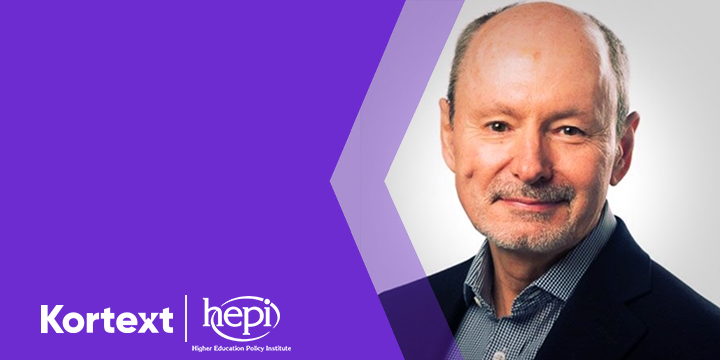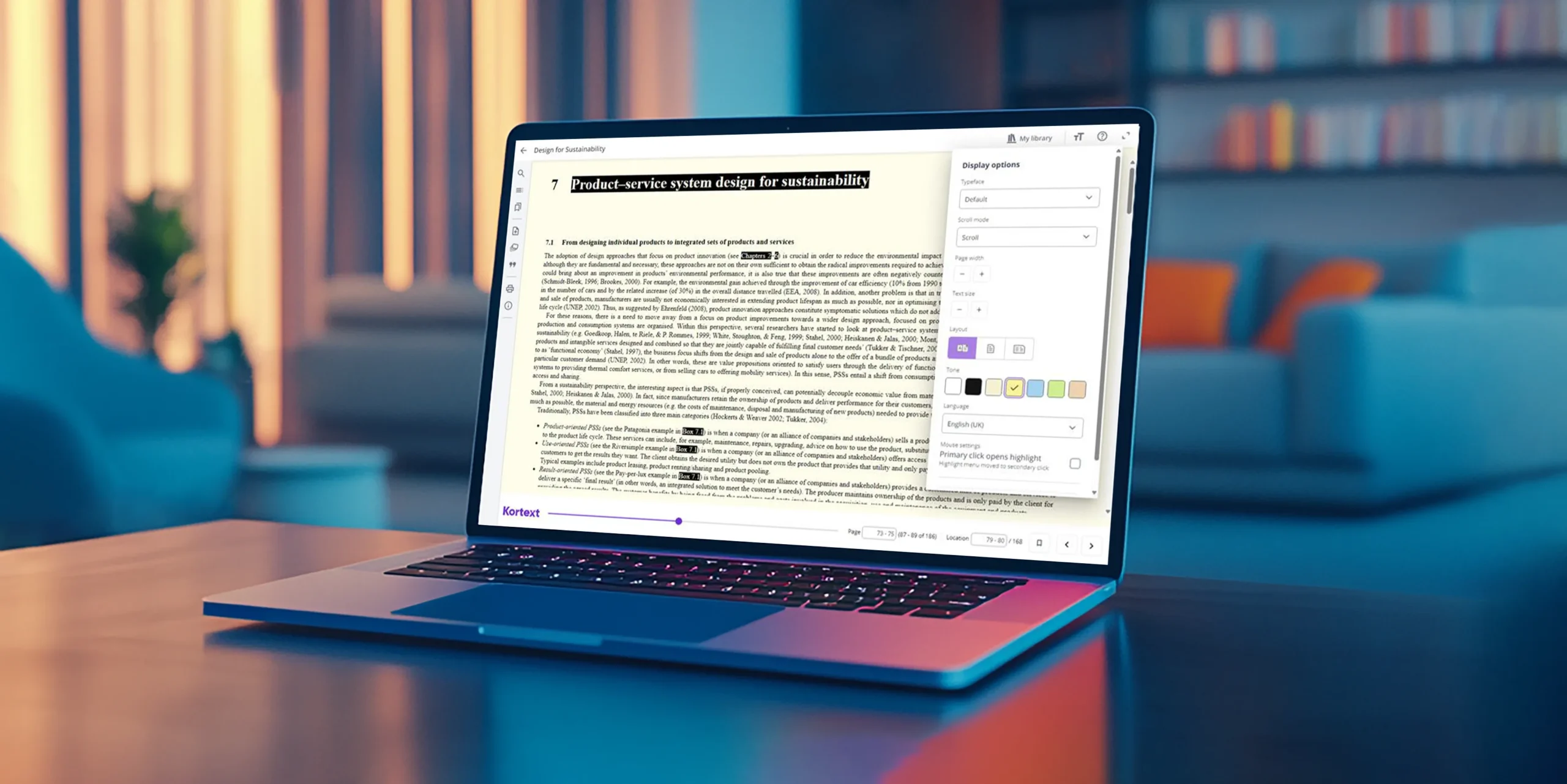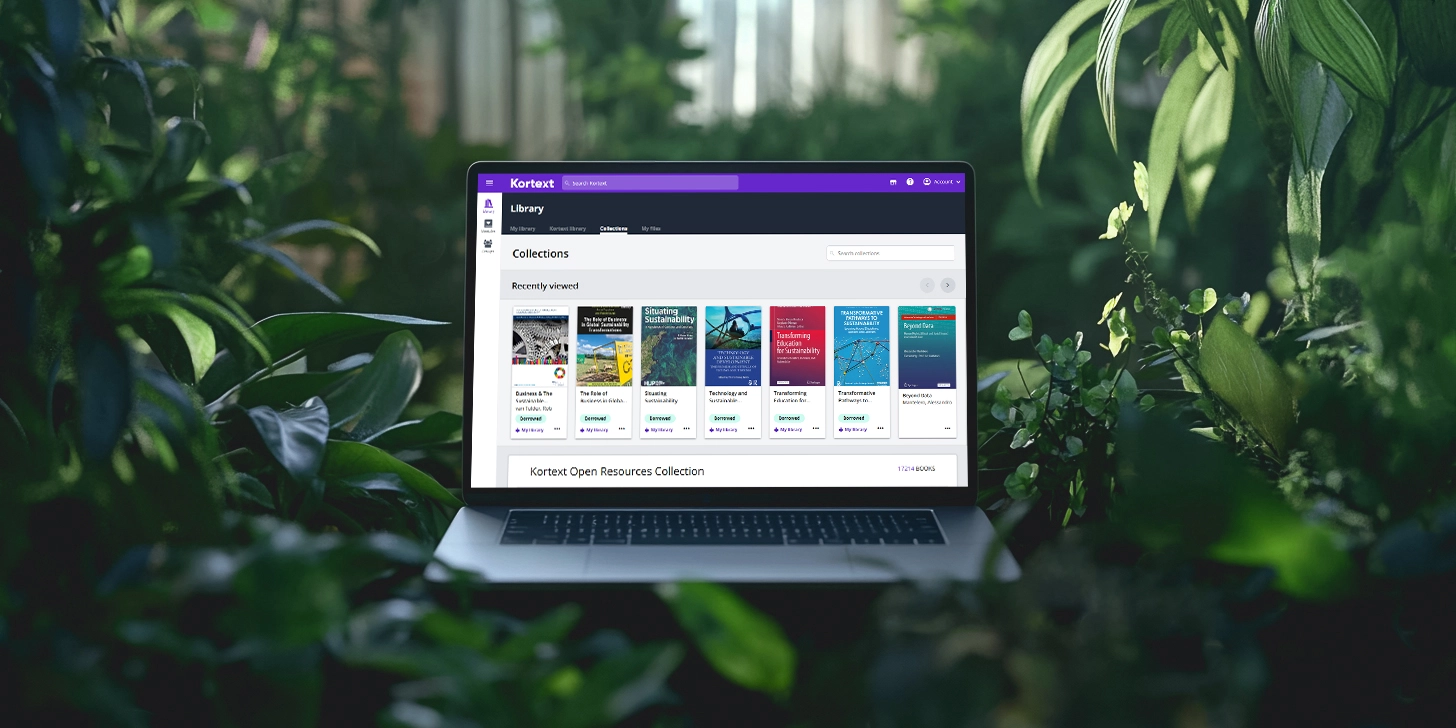This blog was written by Rod Bristow, who has worked internationally in assessment, qualifications and publishing for 40 years. Rod was President, Global Online Learning & UK at Pearson and is Past President of the Publishers Association. He is Visiting Professor at the UCL Institute of Education, an academy and college trustee, and advises education technology businesses.
Controversies over textbook pricing have recently captured the attention of university leaders. It is worth considering why.
Written to help scale great teaching, textbooks only succeed if their publishers choose the best authors and invest in the best research, artwork, design, editorial development and technology to support them. The implied virtuous circle of quality and reward have helped build a strong academic textbook publishing industry and the international reputation of many excellent authors over several decades.
With the internet, things began to change. Students – and teachers – discovered ‘free content’ and the role of textbooks started to be eroded. The effect was magnified by internet-enabled access to second-hand books and the growth of the Open Education Resources movement. As a result, despite significant growth in access to higher education, the demand for textbooks flatlined for years,1 and some observers suggested we were witnessing the commodification of content. Publishers reacted through higher digital investment in eBooks and related learning platforms. These investments were needed but did not fundamentally address the underlying demand problem.

Why is this a concern? Isn’t the graceful decline of an industry to be replaced by something more ‘valuable’ just a fact of unstoppable technological change? Perhaps, but in education nothing is ever that simple, and textbooks have now become the subject of a pricing controversy.
That’s partly because of this paradox – high-quality textbooks matter more today than they ever have.
The widening of access to university over the last 25 years means we now have more disadvantaged learners at university than ever. However, because we continue to see disadvantage attainment gaps at university, universities are raising teaching standards across the board. The mantra – that success at university isn’t just about getting in, it’s also about getting on – is taking hold. Highly quality, well-crafted eBooks remain a better way for many lecturers to support great teaching than finding things for free on the internet.
But it’s also because the way that a university supports its students is changing. Today, although most students still buy their own books, universities increasingly buy books and eBooks for their students. It is hard to close the disadvantage gap if you expect disadvantaged students to buy their own resources – and it is impossible to embed resources in teaching if only some students have full access to them.
This gradual move to central digital procurement has led to arguments about pricing. Libraries argue prices of digital books bought for all students on a concurrent (simultaneous) access model should be much cheaper because delivery and production costs are lower. Publishers argue their up-front (pre-production) investment model needs a certain volume and price no matter whether students access books concurrently or not.
This debate seems likely to continue but perhaps there is a solution. Thanks to yet more technological change there is now a new category of learning platform taking shape – platforms which provide a single point of book access (and therefore learning) for students.

Indeed, universities are beginning to provide students with access to all the resources they need on these platforms, not just books. Students want access to their learning resources – easily and seamlessly – in one place. By delivering all learning resources via an aggregating platform, valuable learning tools can be deployed across all the books students read, and the resulting learning analytics help lecturers and universities make better-informed decisions about what and how they teach. These aggregation platforms already exist. Publishers are starting to work with them more deeply, and universities are starting to help shape them.
Book aggregators can already provide every eBook every student needs for as little as £100 per student per year (I advise one of these aggregators, Kortext). That is a lot less than a student might spend buying their resources individually – and they receive a lot more. It is a modest sum – about 1% of what a student spends on their education each year.
This is an opportunity to help students and to help close the disadvantage gap. It will need universities to commit a relatively modest amount of additional money to learning resources and technology (as some already do); it will need publishers to work with new pricing models to embrace new delivery platforms (as some already are). If these things happen, the outcome of this sometimes-acrimonious argument about prices, could be a win for all stakeholders.
And students could have more confidence in the support they receive at university no matter their background.






